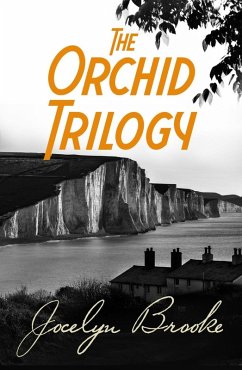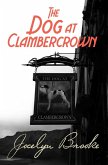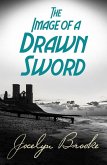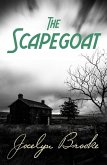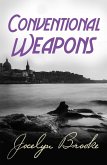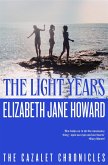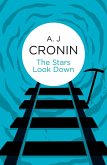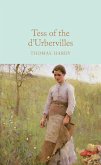Obsessed by his strange twin passions for orchids and for fireworks, the author-narrator paints a haunting portrait of a childhood and adulthood interleaved with one another in a near-mystical rural idyll. Defined by his unspoken homosexuality, the books capture the unfolding of a melancholy, often painfully sensitive male consciousness.
First published in the late 1940s as three separate but interlinked volumes - "The Military Orchid"; "A Mine of Serpents" and "The Goose Cathedral" - The Orchid Trilogy conjures up a rapturous, fantastical portrait of England at war and peace in the 20th century. Witty, subtle and deceptively simple, this unjustly neglected classic that has yet to be surpassed in its exploration of the magical world of childhood.
One of those too-rare books whose enjoyability makes it seem too short - Elizabeth Bowen
It is a kind of collage of sharply drawn bits of real life, excellently described and artistically arranged - Stephen Spender
Reminiscence and reflection and description are woven together to make a curious and fascinating tapestry - David Cecil
Mr. Brooke's finely shaped prose, his wit, percipience, and liveliness in the description of people, places, and states of mind are a rare delight - The Scotsman
A sad, funny, densely detailed yet continuously readable experience - The Observer
One of the most exciting creative artists of our time and one who will consistently evade all the literary categories - John Pudney
Dieser Download kann aus rechtlichen Gründen nur mit Rechnungsadresse in A, B, BG, CY, CZ, D, DK, EW, E, FIN, F, GR, HR, H, IRL, I, LT, L, LR, M, NL, PL, P, R, S, SLO, SK ausgeliefert werden.

